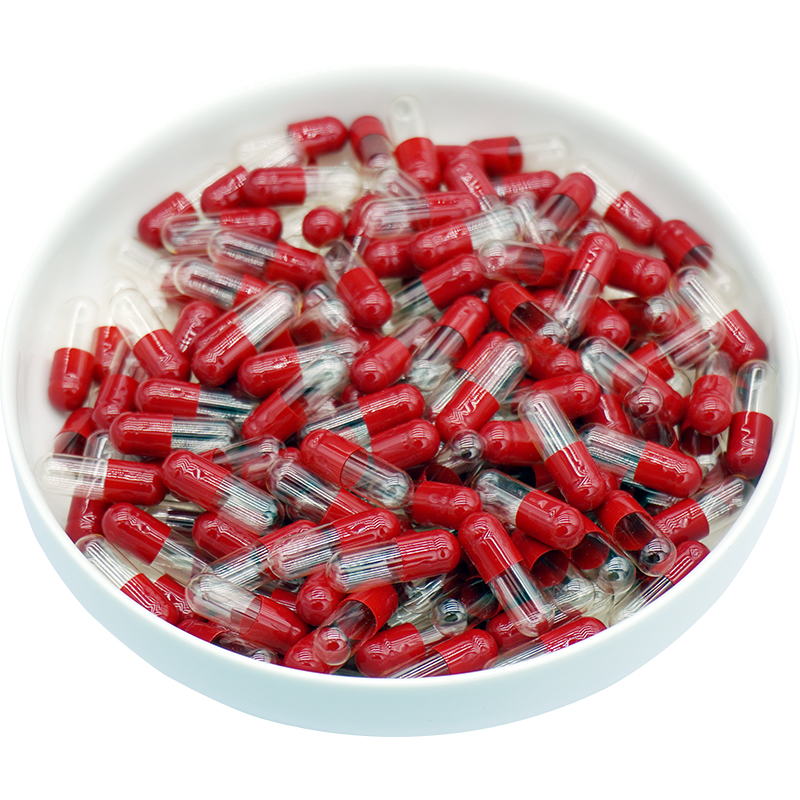Jun. 06, 2023
Health & Medical
Capsules are a popular and convenient form of delivering dietary supplements and medications. When it comes to capsule options, two primary choices are natural plant capsules and gelatin capsules. While gelatin capsules have been widely used for many years, natural plant capsules have gained prominence due to their suitability for specific dietary preferences and ethical considerations. In this article, we will conduct a comparative analysis of natural plant capsules and gelatin capsules, examining factors such as sourcing, compatibility, manufacturing process, and consumer appeal.

Gelatin capsules are derived from animal sources, primarily collagen obtained from the bones and connective tissues of animals, typically cows or pigs. On the other hand, natural plant capsules are made from plant-based materials such as cellulose, pullulan, or hypromellose, sourced from renewable plant sources like pine trees or tapioca starch. This fundamental difference makes natural plant capsules suitable for vegetarian, vegan, and religious dietary requirements, while gelatin capsules may not be compatible with these preferences.
The manufacturing process for gelatin capsules involves extensive processing of animal-derived collagen, which undergoes heating and extraction methods. Gelatin capsules require specific conditions for processing, including strict temperature control and moisture content. In contrast, natural plant capsules are manufactured using a simpler process that involves converting plant-based materials into capsule form. This streamlined process contributes to the appeal of natural plant capsules for those seeking less complex and animal-free production methods.
Gelatin capsules have traditionally been used to encapsulate a wide range of ingredients, including both hydrophilic (water-soluble) and lipophilic (fat-soluble) substances. They offer good stability and compatibility with various formulations. Natural plant capsules, particularly those made from hypromellose, exhibit similar stability and compatibility, making them a suitable alternative for encapsulating a diverse range of dietary supplements and medications.
One notable advantage of natural plant capsules is their hypoallergenic nature. Gelatin capsules, being animal-derived, have the potential to cause allergies in individuals with specific sensitivities to animal proteins. Natural plant capsules, particularly those made from cellulose or pullulan, are generally free from common allergens, such as gluten, soy, dairy, and nuts, making them a safer option for individuals with known allergies or sensitivities.
As consumers become increasingly conscious of ethical and dietary considerations, natural plant capsules have gained significant appeal. They align with the preferences of vegan, vegetarian, and environmentally conscious individuals who seek plant-based and sustainable alternatives. Natural plant capsules offer a clean-label option that resonates with the growing demand for transparent and eco-friendly products. Gelatin capsules, while widely used, may face limitations in terms of consumer appeal due to their animal-derived nature.
The choice between natural plant capsules and gelatin capsules depends on various factors, including dietary preferences, ethical considerations, and market demand. While gelatin capsules have a long history of use and proven compatibility, natural plant capsules offer an attractive alternative for those seeking vegan, vegetarian, and sustainable options. The hypoallergenic nature, compatibility, and consumer appeal of natural plant capsules make them a compelling choice in the evolving landscape of dietary supplements and medication delivery systems. As the market continues to shift towards plant-based and ethical choices, natural plant capsules are likely to gain further prominence as a preferred option over gelatin capsules.
More details please Capsule Shell Manufacturing
If you are interested in sending in a Guest Blogger Submission,welcome to write for us!
All Comments ( 0 )